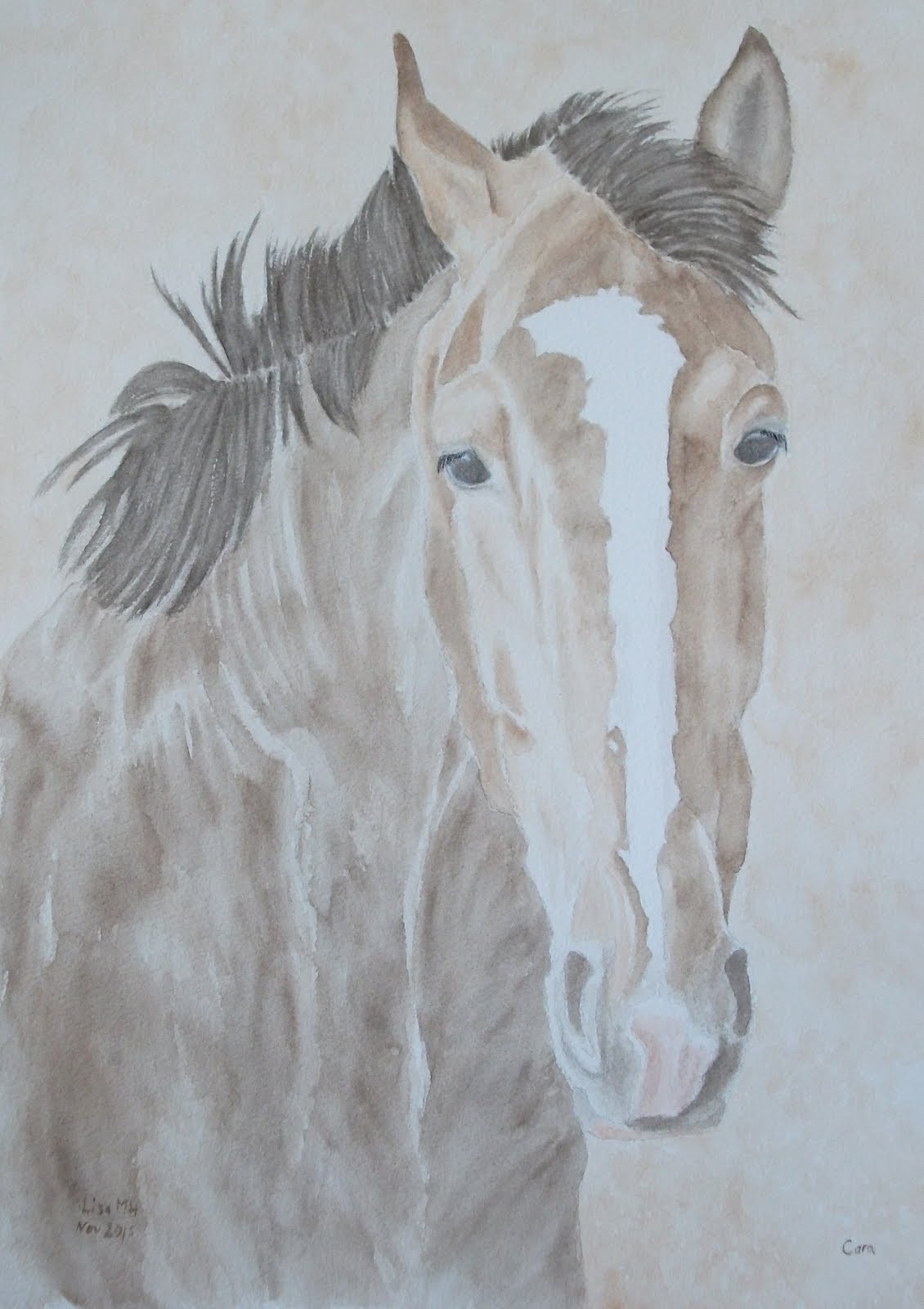BOOK - THE SILVER CHAIR by C S Lewis
 |
I love the writing of C S Lewis, and especially the Chronicles of Narnia, of which The Silver Chair is book six. This is kind of ironic, given that he was a devout Christian and apologist of his faith, and I am definitely not religious; but I believe in a Higher Power, a universal Creator, an Energy underlying everything (both seen and unseen), which I no longer have a problem calling God, and which is where I find myself in agreement with Lewis.
This somehow allows me to be able to go beyond the Christian allegory within his stories, and interpret them in a way that makes sense to me, fitting in with what I believe. This, I think, is what makes him such a good story writer. The Narnia books can be read as straight-up fantasy-adventure (which is how I viewed them for years), or as deeper, allegorical tales: they work both ways.
Unlike his Christian non-fiction, in which he is extremely adamant and forceful with his opinions, which doesn’t allow much (if any) room for manoeuvre or personal interpretation (I recall a quote in which he is absolutely insistent that Jesus was not a mere man and great moral teacher, but the Son of God), there is room for such here in his stories.
 |
| My beautiful hardback copies, which I've had for eighteen years. |
As to the way I view this passage, to me it perfectly symbolises the process of meditation. The clear, still, peaceful air of the mountain-top represents the elevated state, beyond the clamour of the mind and the material world, needed to be reached in order to be able to ‘hear’ what God is trying to communicate (and I see Aslan as representing God, not Jesus); a place where I am one with the Universe.
Interestingly, in yoga (and other forms of meditation) this is achieved by slowing down the breath, and breathing deeper, thus allowing more, fresh air (and the energy of the universe - the breath of God, the breath of Life, if you will) into the mind and body, to clean and clear the system, paradoxically both filling and emptying it at the same time (but then I guess God is the ultimate paradox, being both Everything and Nothing, the Beginning and the End, and everything in between - simultaneously. Gosh, I feel a profound moment passing over me…)
The thickening of the air to which Aslan refers conjures to my mind all of the build-up of energy and noise, distractions and demands, that come with living in such a heavily populated world. It’s often very difficult to see God in the midst of all that hubbub*, to be able to decipher what S/He is trying to ‘say’ to me because of all of the complications that we, as people, bring to life: interpreting God’s signs in the context of our confused reality takes a lot of practice, and is always best undertaken with the help of someone on the same path, some kind of spiritual mentor (fortunately for me, my AA sponsor fulfils this role).
But the great thing is that I can always return ‘to the mountain top with Aslan’, anytime, if I just remember. And it’s not complicated (not easy, but simple) - I just have to sit still somewhere, and breath deeply. For as long as necessary. And to remember that, ultimately, nothing else is as important as connecting with the flow of Energy, and following God, because S/He/It is all Life, Creativity, Happiness, Joy, and Freedom - no matter that the world tries to convince me otherwise. I just have to breathe It in, embrace It, and act on It. As the book quote says: “NOTHING ELSE MATTERS.”
So, I leave you to your own interpretation. Hopefully it might have inspired some of you to check out the book (or books) if you’ve never read it/them: or, if you have, to return to them with new eyes, if you’ve never seen beyond the surface.
I wish for you your own mountain-top retreat - a place to reconnect with your Source, and replenish your soul.
Namaste
*I double-checked the meaning of this, and found the perfect definition in my dictionary: “confused sound of many voices”. Sounds about right.
 |
| The quote, in situ (in my large, omnibus edition, which is also about eighteen years old) |

























